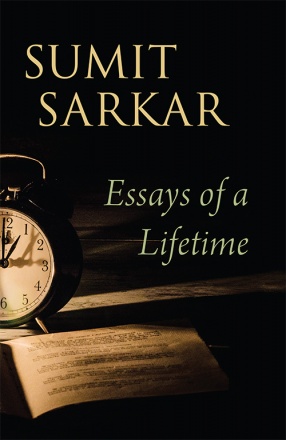
Sumit Sarkar

Showing all 10 books

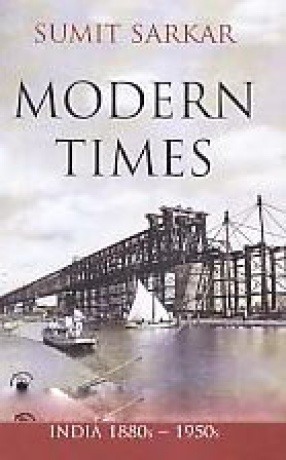


For the past forty years or more, the most influential, respected, and popular scholar of modern Indian history has been Sumit Sarkar. When his first monograph, The Swadeshi Movement in Bengal 1903–1908, appeared in 1973 it soon became obvious that the book represented a paradigm shift within its genre. As one eminent historian put it when the work was republished in 2010: “Very few monographs, if any, have ever rivalled the meticulous research and ...
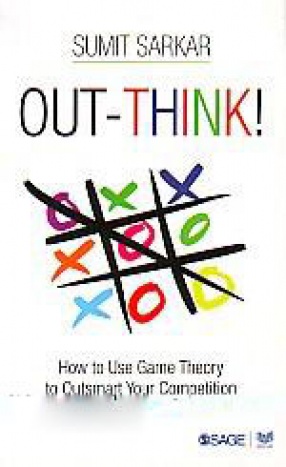
Business managers make decisions in an interactive strategic environment that resembles games. ‘Out-Think’ makes game theoretic concepts usable for strategic decision-makers and functional managers. The book exposes the reader to game theory concepts using examples not only from the domain of business, but also from the fields of professional sports, parlour games like chess, poker etc., and military practices.
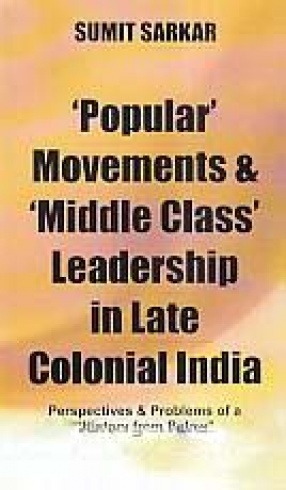

Much has changed in the world of South Asian history-writing since Sumit Sarkar's renowned classic, Modern India (1983). “The passage of thirty years having rendered that work thoroughly dated, the futility of any attempt to revise it became increasingly clear to me, especially as over this period my own historical perspectives took new and unexpected directions”, says the author. The present work is an entirely fresh view of the same period. ...
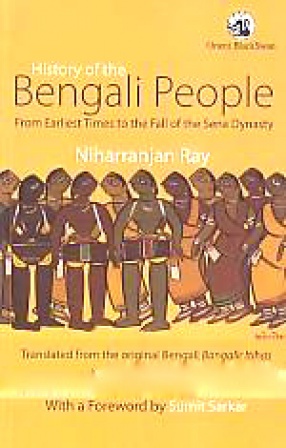
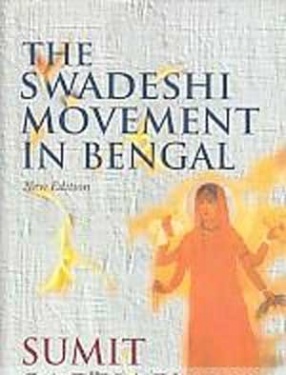
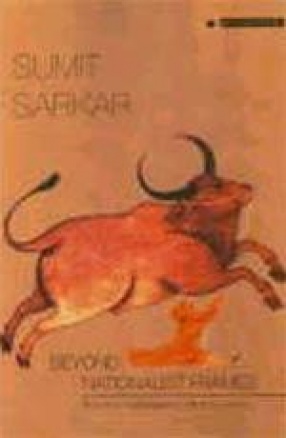
The political context in which the historian of India finds himself today, says Sumit Sarkar, is dominated by the advance of the Hindu Right and globalised forms of capitalism. Simultaneously, the historian’s intellectual context is now dominated by the marginalisation of all varieties of Marxism and an academic shift to cultural studies and postmodern critiques. In this scenario, how may a thinking historian who retains an unfashionable commitment to ...


The Towards Freedom Volumes, each edited by a distinguished scholar, bring together historical materials relating to the period 1937-47 from a wide variety of sources--official records, private and organizational papers, newspapers and other contemporary publications available within the country. It presents, documents relating to the activities, attitudes, and ideas of diverse classes and sections of Indian society, all of which contributed to the attainment of ...
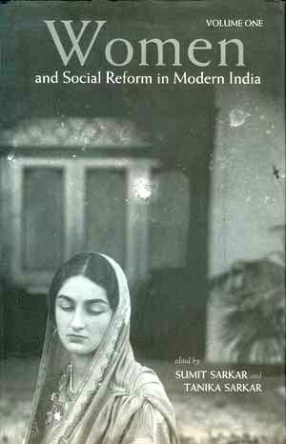
The subject of social reforms has routinely formed a part of Indian history texts. The word 'reforms' conjures up the names of a few great individuals: always Hindu, always upper-caste and educated, always from cities, and always--apart from one or two memorable exceptions--men. These are the icons around whom the story of social change is written. The editors of the present work argue the need to understand the history of social reforms from a much wider ...
